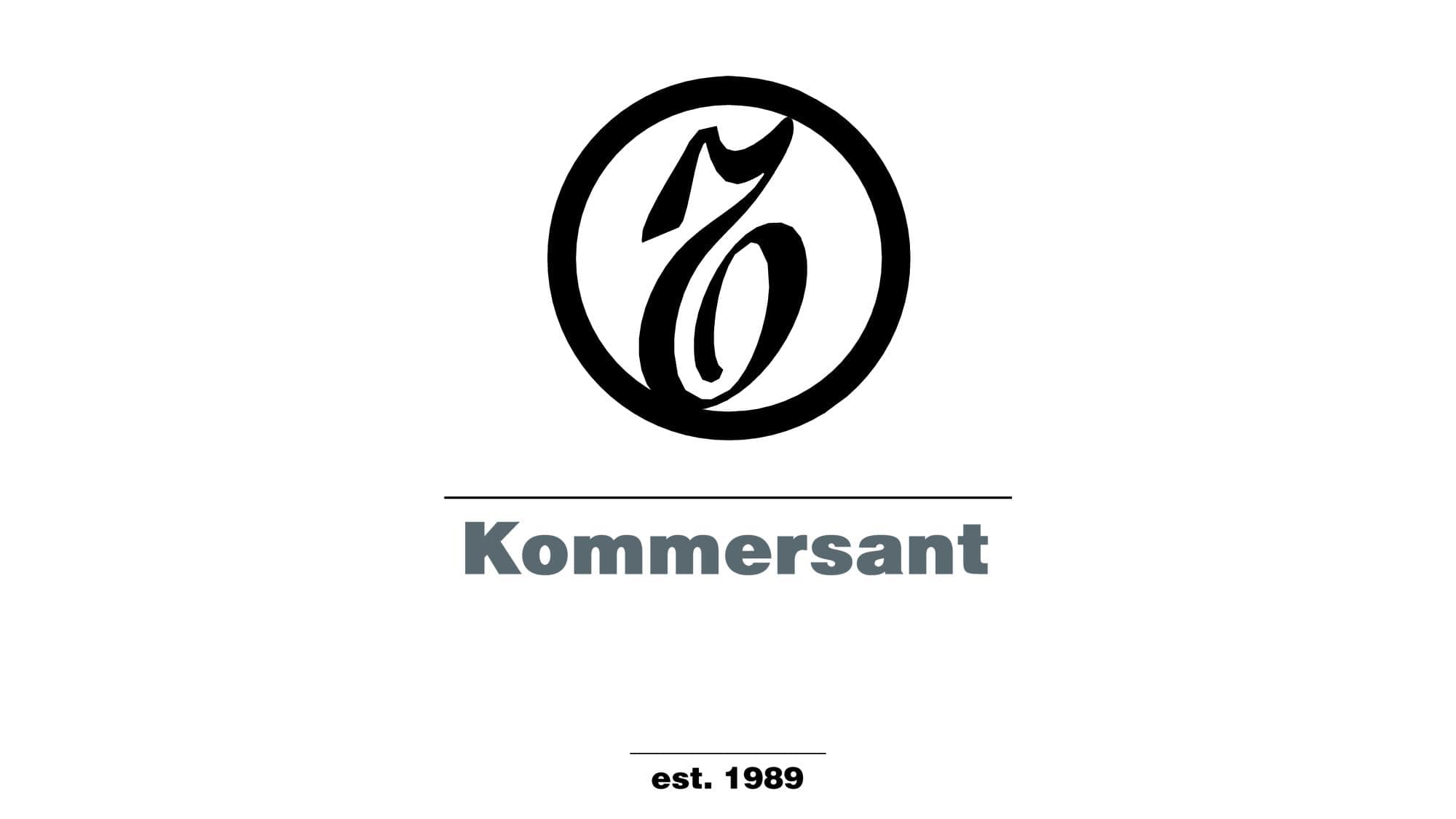Konstantin Krasnokutskiy commented on Estonia's "maritime rights" in an interview with Kommersant.
Managing Partner of the firm commented on the news that the Estonian government is going to introduce a contiguous zone in the Gulf of Finland, and assessed potential risks for Russian shipowners in the event of its introduction.
"The issue of creating a contiguous zone is resolved at the national level of the State establishing such a zone in accordance with Article 33 of the 1982 UN Convention on the Law of the Sea. Competence of the State in the contiguous zone is significantly limited. In fact, in such a zone, only additional control over compliance with customs, fiscal, immigration and sanitary rules is possible. There is no question of restricting navigation or monitoring the implementation of sanctions in relation to the ships sailing from the Russian ports," Konstantin said.
Konstantin also added that in order to carry out the abovementioned control, vessels in the contiguous zone may be stopped, checked or held liable by the authorities of the State that established such a zone. In addition, if a violation is found in the contiguous zone, the vessel may be prosecuted by the authorities of the relevant State, including on the high seas "in hot pursuit" (Article 111 of the UNCLOS).
The lawyer emphasised that the establishment of a contiguous zone cannot close waters of the Gulf for any state and should not become an obstacle to the commercial navigation from Russian ports.
The Estonian authorities are considering possibility of introducing a contiguous zone in the Gulf of Finland within 24 nautical miles from the baseline of the country's territorial sea.
